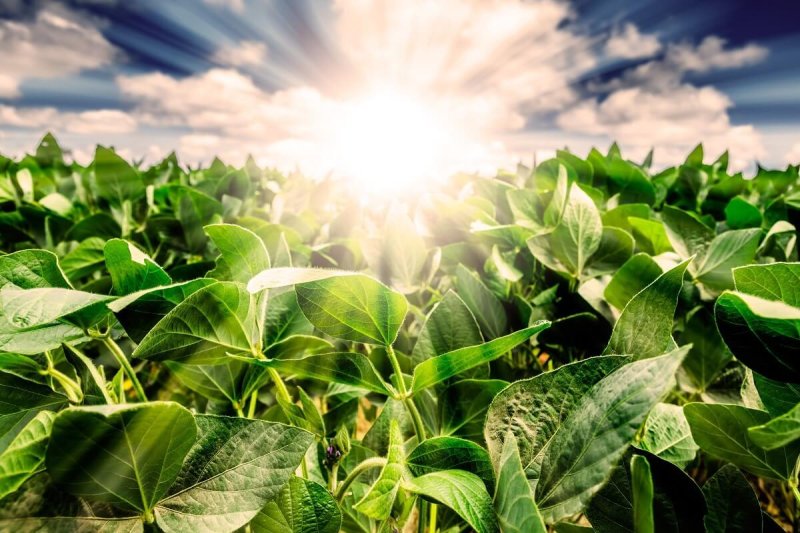When European researchers recently announced a new technique that could potentially replace chemical pesticides with a natural “vaccine” for crops, it sounded too good to be true.
…
And yet emerging technologies — including plant vaccines, gene editing (as distinct from genetic engineering), and manipulation of plant-microbe partnerships — hold out the tantalizing promise that it may yet be possible to farm more sustainably and boost yields at the same time.
…
CRISPR gene editing technology, Science magazine’s 2015 Breakthrough of the Year, has already begun to put altered crops in the field, and the pace of introductions is likely to accelerate. It’s a more palatable alternative to genetic engineering, which has faced regulatory limits and a “frankenfood” reputation because it introduces genes of one species into another. Gene editing, by contrast, isn’t transgenic. Instead, using a technology called CRISPR/Cas9, scientists precisely and inexpensively snip minute genetic sequences from the genome of an organism, or add in sequences from another individual of the same species. Such organisms contain nothing that could not in theory have resulted from natural breeding, and they have so far entered the market without regulatory delays.
Read full, original post: Can ‘Vaccines’ for Crops Help Cut Pesticide Use and Boost Yields?































